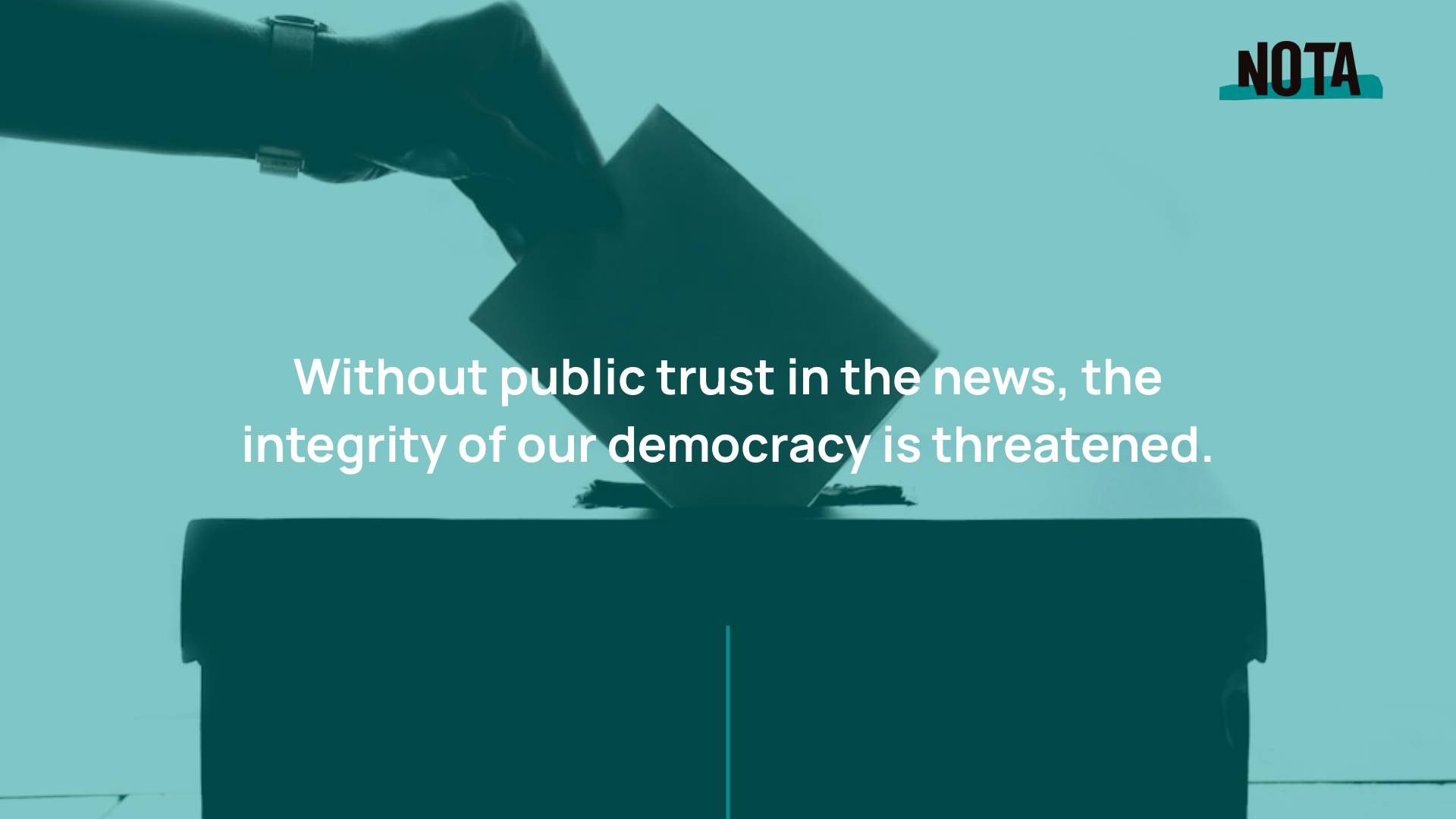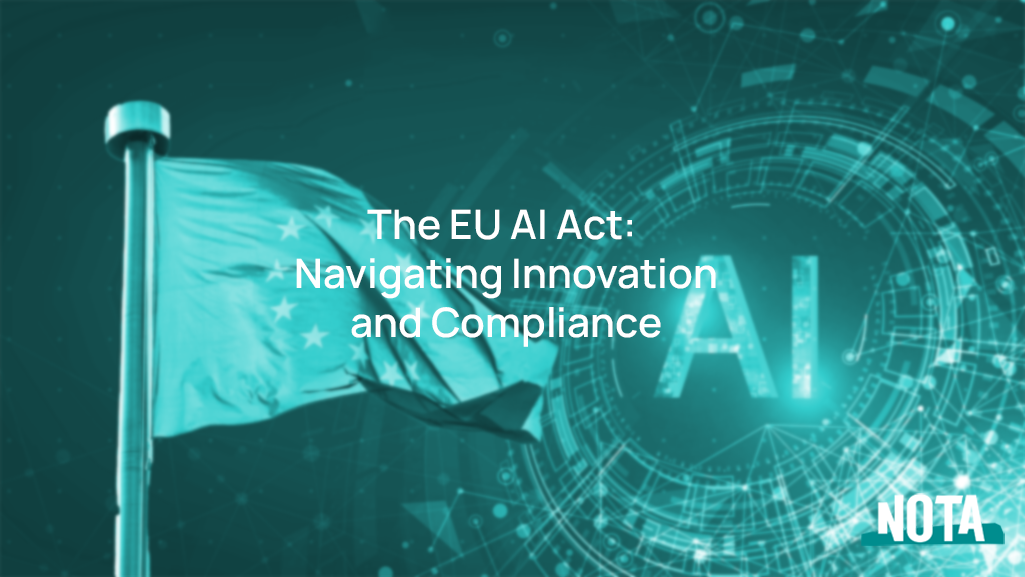The implications of AI on journalism and democracy are sparking discussions among professors, journalists, and policy makers. The advantages and concerns of AI raise questions about the role of AI in the newsroom. The democratic process relies on a well-informed voter base, so public trust in the news is paramount for a healthy and functioning democracy.
Google is currently pitching a generative AI tool to major publishers that is designed to write news articles. Journalism embracing generative AI is a cause for concern as the public will eventually lose trust in what they are reading is factually accurate and written by a human.
On the other hand, assistive AI offers an advantage in the newsroom. With the ability to automate routine publishing tasks utilizing assistive AI tools, journalists can focus more time on investigating and reporting the news. The public must be educated on the differences between generative AI and assistive AI as soon as possible.
Generative AI vs Assistive AI in Journalism
Generative AI has potential consequences for authenticity and trust. Some generative AI tools are prone to “hallucinating” or lying. It is essential that publishers are transparent about the type of AI they use to produce the news. As AI technology advances, it may become more difficult for the public to distinguish the differences between human-generated content and machine-generated content.
Assistive AI provides opportunities to enhance journalism. Assistive AI can quickly analyze large swaths of data, check articles for grammatical errors, and optimize online publishing. This allows journalists to focus more time on researching and reporting the news. Overall, assistive AI helps journalists strengthen their work leading to a better-informed public. A better-informed public will have a positive impact on the democratic process.
Need for Public Education on AI
The public deserves to know which types of AI tools news outlets utilize when publishing articles. It is up to publishers to be transparent regarding their usage of AI tools. Simultaneously, we must look at the role of education in empowering readers to make informed choices. The Biden Administration released a Blueprint for an AI Bill of Rights, yet these are simply guidelines not bound by law or regulation.
The Internet’s Impact on Journalism
The tech companies rolling out AI products are developing technology so quickly, journalists are having trouble keeping up with the pace. The government moves even slower. We are already witnessing the fallout: news professionals are being laid off in droves; the lines between the news and propaganda are being blurred. The internet changed the landscape of journalism: in addition to major publishers and newspapers, people get their news from social media, aggregators, and search engines. Generative AI threatens to blur the lines of publishing even more.
Current Landscape of AI in Journalism
There is a total lack of clarity on the subject of AI use at major newspapers and publications. In a recent study conducted by JournalismAI, a journalism think tank at the London School of Economics and Political Science, a survey of 120 publishers found that 75% of them are already using AI in their newsrooms. As Google continues to pitch their generative AI tool to major publishers, ethical concerns arise. As advancements in AI technology continue to grow, it may be more difficult for the public to distinguish between AI-generated content and human-generated content.
Risks and Benefits of AI Adoption in Newsrooms
Assistive AI allows newsrooms to optimize certain processes to better report and publish the news. Generative AI sows public confusion which can lead society down a dangerous path. The potential consequences are dire for the enduring public conversation. It is imperative publishers take action and commit to transparency in regards to their AI usage.
AI and the Democratic Process
There is much at stake if publishers rush to adopt generative AI. The risk of unreliable information threatens public discourse. The confusion created by generative AI will eventually exhaust the public. People will have an even more difficult time distinguishing truth and fiction. This could lead to a slide into cynicism and eventual decline of our democracy.
Looking Forward
It is crucial that journalistic institutions make clear decisions for the greater good of our democracy. The integrity of journalism must be preserved. Without public trust in the news, the integrity of our democracy is threatened. The slide towards cynicism can be halted if and when newsrooms take action. The consequences of inaction against advancing generative AI technology in journalism is far too great to ignore.




